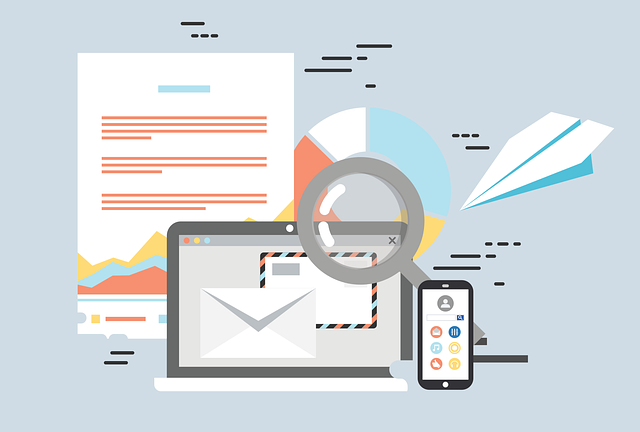Incorporating AI coaching into truck repair processes dramatically enhances efficiency, accuracy, and profitability by analyzing vast datasets to predict repairs, maintenance needs, and provide real-time guidance. However, businesses must overcome challenges like data privacy, regulatory compliance, and workforce training. A hybrid approach that combines AI with skilled technician training ensures human decision-making is augmented rather than replaced, leading to improved job satisfaction and higher levels of truck repair profitability.
In today’s digital era, optimizing truck repair workflows with Artificial Intelligence (AI) is not just a trend but a strategic necessity. This article delves into the transformative potential of AI integration in truck repair shops, exploring both its benefits and challenges. We uncover powerful AI-driven strategies to streamline operations, boost efficiency, and maximize profitability. Additionally, we provide essential coaching and training techniques to ensure successful implementation, highlighting how AI can revolutionize this vibrant industry.
- Understanding AI Integration in Truck Repair: Benefits and Challenges
- AI-Driven Strategies for Streamlining Workflows and Enhancing Efficiency
- Coaching and Training Techniques to Maximize Profitability with AI Implementation
Understanding AI Integration in Truck Repair: Benefits and Challenges

Incorporating Artificial Intelligence (AI) into truck repair workflows offers a myriad of benefits, from enhanced efficiency to improved accuracy. AI coaching systems can analyze vast datasets to identify patterns in common repairs, predict maintenance needs based on vehicle history, and provide real-time guidance during the repair process. This not only boosts productivity but also reduces costs by minimizing diagnostic errors and preventing unnecessary parts replacements.
However, integrating AI into truck repair also presents challenges. Data privacy and security are paramount concerns, as sensitive vehicle information must be protected. Additionally, ensuring that AI systems align with industry standards and regulations is crucial. Training and upskilling the workforce to work alongside AI tools can also be a significant hurdle, requiring investment in education and adaptation to new technologies. Despite these challenges, the potential for AI coaching to optimize truck repair workflows and drive profitability is undeniable.
AI-Driven Strategies for Streamlining Workflows and Enhancing Efficiency

In today’s digital era, embracing AI-driven strategies is a game-changer for truck repair businesses aiming to boost profitability and enhance efficiency. By implementing machine learning algorithms and intelligent systems, workshops can streamline their workflows like never before. These technologies can analyze vast amounts of data from previous repairs, identifying patterns and inefficiencies that human eyes might miss. This enables AI to provide tailored coaching and recommendations, optimizing every step of the repair process.
For instance, AI can predict part failures, suggest preventive maintenance schedules, and offer accurate cost estimates based on historical data. It can also automate routine tasks, freeing up technicians’ time for more complex repairs. With real-time performance tracking, these systems ensure that each truck rolls out of the bay with maximum efficiency, satisfying customers and increasing overall profitability.
Coaching and Training Techniques to Maximize Profitability with AI Implementation

Implementing AI in truck repair workflows is a powerful strategy to enhance efficiency and profitability, but it’s not just about technology—coaching and training are key components for success. Skilled technicians who understand AI capabilities and limitations can optimize its use cases within their daily tasks. Hands-on training sessions should focus on teaching staff how to interpret AI recommendations, identify potential biases in data, and make informed decisions based on both AI insights and their own expertise. This hybrid approach ensures that AI enhances human decision-making rather than replacing it, ultimately leading to improved job satisfaction and higher levels of truck repair profitability.
Implementing AI optimization strategies in truck repair workflows offers significant benefits, including enhanced efficiency and cost reduction. By leveraging AI-driven solutions, repair shops can streamline processes, improve diagnostic accuracy, and reduce labor costs. However, successful integration requires careful planning and tailored coaching for staff to adapt and maximize profitability. Investing in AI coaching is key to boosting truck repair profitability and staying competitive in the digital era.
